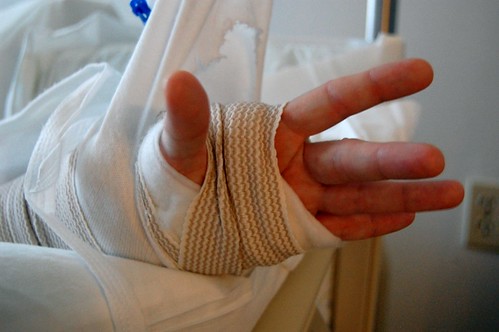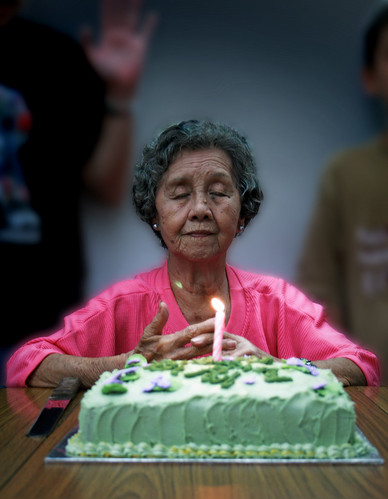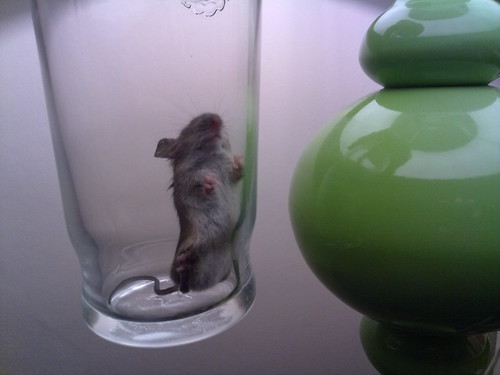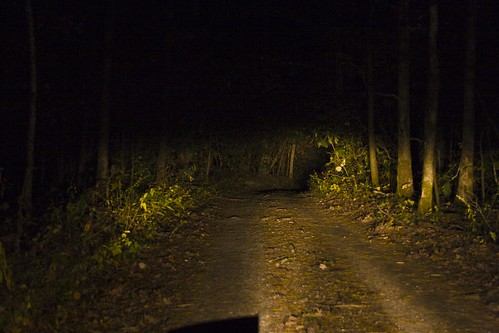Which is more important, effort or success?
If asked, I would say effort, but apparently I don’t really believe it. As the saying goes, you believe not what you say you believe, or even what you think you believe, but what you act as though you believe. If your money isn’t there, it doesn’t matter where your mouth is.
The first two weeks of my finish-the-first-draft-by-the-end-of-the-year regime went well.
I wrote more than I expected on the Monday evenings and was thus under no pressure on Wednesday and Friday mornings.
I sailed over my word count target with relatively little effort (besides a savagely aching hand, of which more another time).
I was pleased with myself and my achievement.
This week was different.
I think my fear of the unknown – in this case the unknown Thing That Happens Next – slowed me down on Monday evening – I struggled and sulked and tried to keep writing something, anything. I ended up with just over 1,400 words – 1,000 fewer than the Monday before.
And then on Wednesday when I should have been chipping off another 400 words, Life Happened (in a good way for once) and I didn’t write a word.
So there I was on Thursday with 1,100 words to go (although my shonky late-night arithmetic convinced me it was only 900, which looking back was probably a mercy). I was expecting to arrive home late and tired on Friday, and due to be out most of Saturday (happens every six weeks or so). Opportunities to write were limited.
The chances of making my target were not good, which made me feel depressed, which made me feel even less up to writing.
So what did I do once I’d picked myself up out of my sad little heap on the floor?
I used the half hour I still had left to write.
When I didn’t know what to write next, I kept going, one sentence after another, inventing word by word and not stopping to worry about whether the words were worth writing.
When I ran out of ink, I filled my pen with the new purple ink and kept going.
When the purple ink turned out to be more magenta than amethyst (horror!), I kept going.
[Incidentally, thanks to the wonders that are Wikipedia, I can now identify the colour as somewhere between Fandango (this made me feel better) and Flirt (this didn’t).]
I only managed 400-odd words, but I’d kept going.
I managed another 300-odd on Friday morning.
The mathematically astute among you will realise that this still left me a few hundred short, but there was still some time. And if Life Happened again and I didn’t get there, well, at least I’d know I tried.
Last chance: Saturday night. The evening stretched out before me. I had my chance. And I didn’t feel like taking it. Like a nervous horse, I had to bring myself up to the fence I don’t know how many times before I lurched over.
I sat down, I picked up the pen, and I finished it. 425 words – over the line.
Looking back, I feel I should be more pleased with myself for what I accomplished this week than the two weeks before, and yet I’m not, really. Could it be that deep down I still believe it’s more important to succeed than to endeavour?
Is character of so little account with me that I believe achievement without effort to be of more value than making less headway in adverse conditions?
To do something well without effort argues a natural ability, which is beyond my control. To do somewhat less well with effort argues perseverance, which is a matter of character, and not innate.
So maybe this week I’m not a better writer on the face of things. But I am a better person, and I hope that will work its way into my writing.
As Calvin Coolidge said: “Nothing in this world can take the place of persistence. Talent will not; nothing is more common than unsuccessful people with talent.”
(I am tempted to think that if he had lived to see modern reality TV, he would have added that here the reverse is true: nothing is more common than successful people without talent.)
Whether or not success comes to me is beyond my control. Whether or not I persist is not. So here’s to one more week knocked off – and to the twenty-eight still to come.
















